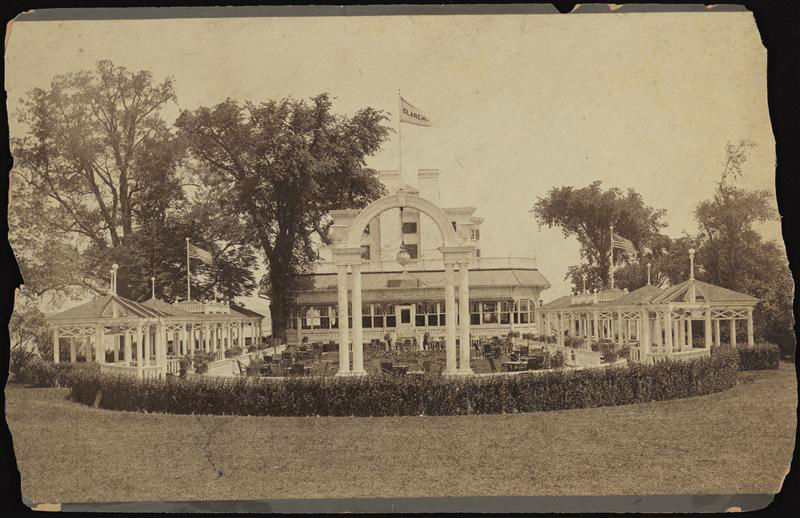Well, about 57 members of Congress are part of that elite group.
Roughly 11% of Congress have net worth of more than $9 million, according to a USA TODAY analysis of 2010 financial disclosures compiled by the Center for Responsive Politics. That’s enough to put them in the top 1% of wealth.
“We are the 99%” is the rallying cry for Occupy Wall Street and similar demonstrations protesting the concentration of wealth by the top 1%.
Congress also has 250 millionaires, the data show. The median net worth: $891,506, almost nine times the typical household.
“The vast majority of members of Congress are doing very well,” says they center’s Sheila Krumholz. “They’ve got the resources to tide them over through an extended sour economy.”
In the House, 23 Republicans and 10 Democrats are in the 1%, while in the Senate Democrats edge out Republican one percenters 13-11.
One of those lawmakers include longtime Harlem elected Charles Rangel:
Editor’s note: Some figures have been changed because of errors in the database provided by the Center for Responsive Politics.
Lawmakers disclose their assets and liabilities only in broad ranges. So the numbers are estimates — the average of a member’s lowest and highest possible net worth. Their actual wealth is often higher because disclosures don’t include home values.
Despite some superwealthy members, Stephen Hess of the Brookings Institution says Congress generally reflects the middle class.
“In many cases, the top 10% are self-made … and it reflects something that’s in the American psyche,” he says. “We’re not against people being rich. We just wish we were. But we are particularly attracted to people who made their own riches.”
Lawmakers’ wealth could resonate in 2012 elections — but only because of the poor economy and dysfunction of Congress, says Norm Ornstein of the American Enterprise Institute.
“Whenever you hit tough economic times, you have a surge in populism, and that takes the form of anger at members of Congress living high off the hog while the rest of us suffer,” Ornstein says.
“That’s why we’re here,” says Carl McClinton, 25, camping in a downtown Washington park as part of the Occupy D.C. protest. “The people making the laws are too comfortable. ”
Editor’s Note. We do not think that the amount of money an elected official does not matter. If the lawmaker does his or hers job for their constituents and the constituents are happy with that electeds work. But if their income influences their decision-making, creates a conflict of interest – then that’s a problem.
What do you think?
Related articles

Become a Harlem Insider!
By submitting this form, you are consenting to receive marketing emails from: . You can revoke your consent to receive emails at any time by using the SafeUnsubscribe® link, found at the bottom of every email. Emails are serviced by Constant Contact





























